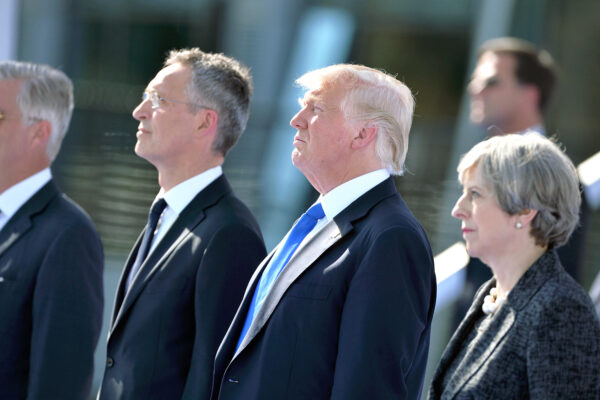
Writing about the immigration debate in the United States, Jonah Goldberg worries about the two sides’ obsession with “strength”.
Progressives believe diversity makes America stronger. Reactionaries believe it’s homogeneity.
But stronger to do what, exactly? Goldberg asks.
Obsession
Nobody is more obsessed with strength than Donald Trump.
He constantly extolls strength, at home and abroad. He praised the Chinese government for showing strength at Tiananmen Square. He admires Vladimir Putin’s strong leadership. On the campaign trail, he upended the traditional conservative critique of big government by decrying the “weakness” of America’s political leaders and institutions.
Goldberg is correct that “strength” is the priority of nationalism — and fits uncomfortably with the American idea. The men who founded the republic understood that a “strong” national government would conflict with the liberty of its people. That is why they designed a system of checks of balances.
National will
Trump and his supporters believe in something else.
To them, the state is the embodiment of the nation; the expression of a “national will”.
Conservatives used to understand there is no such thing.
